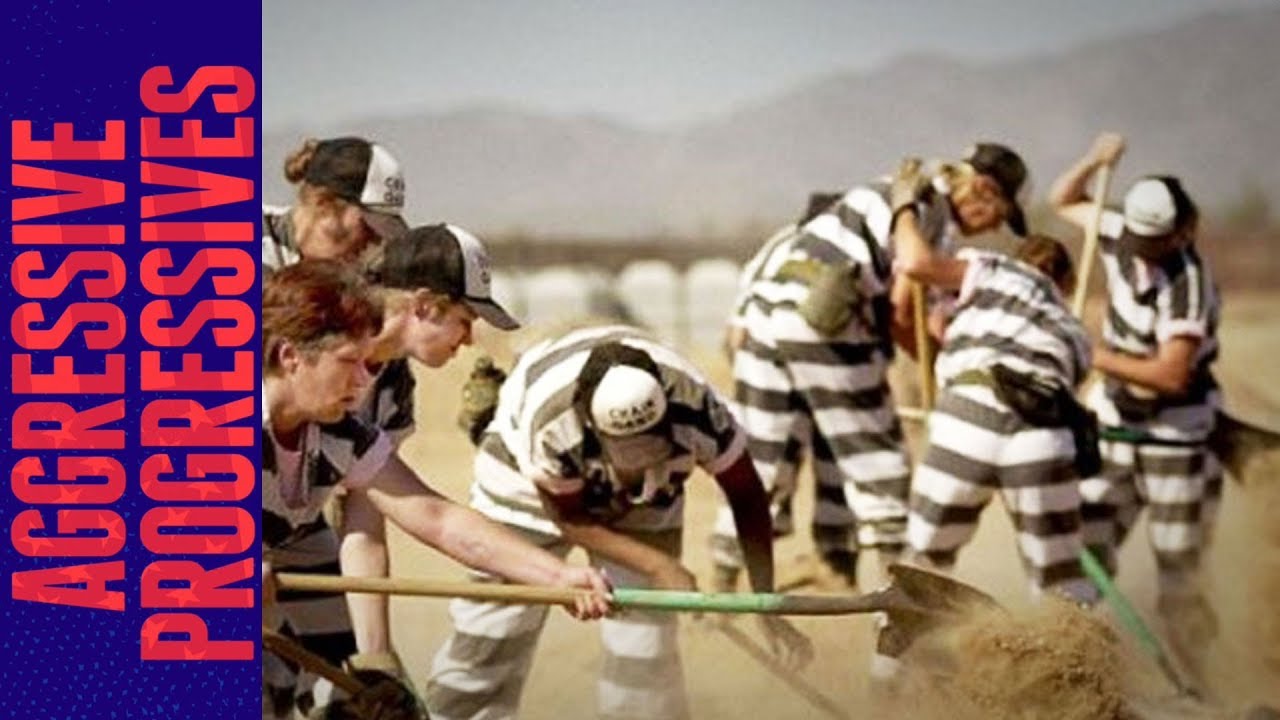Slavery is alive and well in the USA as the 13th Amendment did not technically end the practice but transferred the practice to prisons and thus putting the United States on the path of creating the world’s largest prison population. While some may pontificate wrongly that just because a prisoner is paid, a paltry slave wage, the historical record shows that victims of slavery prior to the civil war were paid slave wages by some of their captors as a form of appeasement or because they chose to work on Sundays. – Scotty T. Reid
Read more here about the Louisiana story: https://www.theatlantic.com/business/archive/2015/09/prison-labor-in-america/406177/
“Crops stretch to the horizon. Black bodies pepper the landscape, hunched over as they work the fields. Officers on horseback, armed, oversee the workers.
To the untrained eye, the scenes in Angola for Life: Rehabilitation and Reform Inside the Louisiana State Penitentiary, an Atlantic documentary filmed on an old Southern slave-plantation-turned-prison, could have been shot 150 years ago. The imagery haunts and the stench of slavery and racial oppression lingers through the 13 minutes of footage.
The film tells two overlapping stories: One is of accomplishment against incredible odds, of a man who stepped into the most violent maximum-security prison in the nation and gave the men there—discarded and damned—what society didn’t: hope, education, and a moral compass. Burl Cain, the warden of Angola Prison, which is in Louisiana, has created a controversial model for rehabilitation. Through work and religion, they learn to help each other, and try to become better fathers to their children on the outside. Perhaps the lucky few even find redemption.
But there is a second storyline running alongside the first, which raises disquieting questions about how America treats those on the inside as less than fully human. Those troubling opening scenes of the documentary offer visual proof of a truth that America has worked hard to ignore: In a sense, slavery never ended at Angola; it was reinvented.”*
Follow Jimmy Dore on Twitter: http://twitter.com/jimmy_dore
Follow Steve Oh on Twitter: https://twitter.com/stevenoh88
Follow Malcolm Fleschner on Twitter: https://twitter.com/CultureShlock
Follow Ron Placone on Twitter: https://twitter.com/RonPlacone
